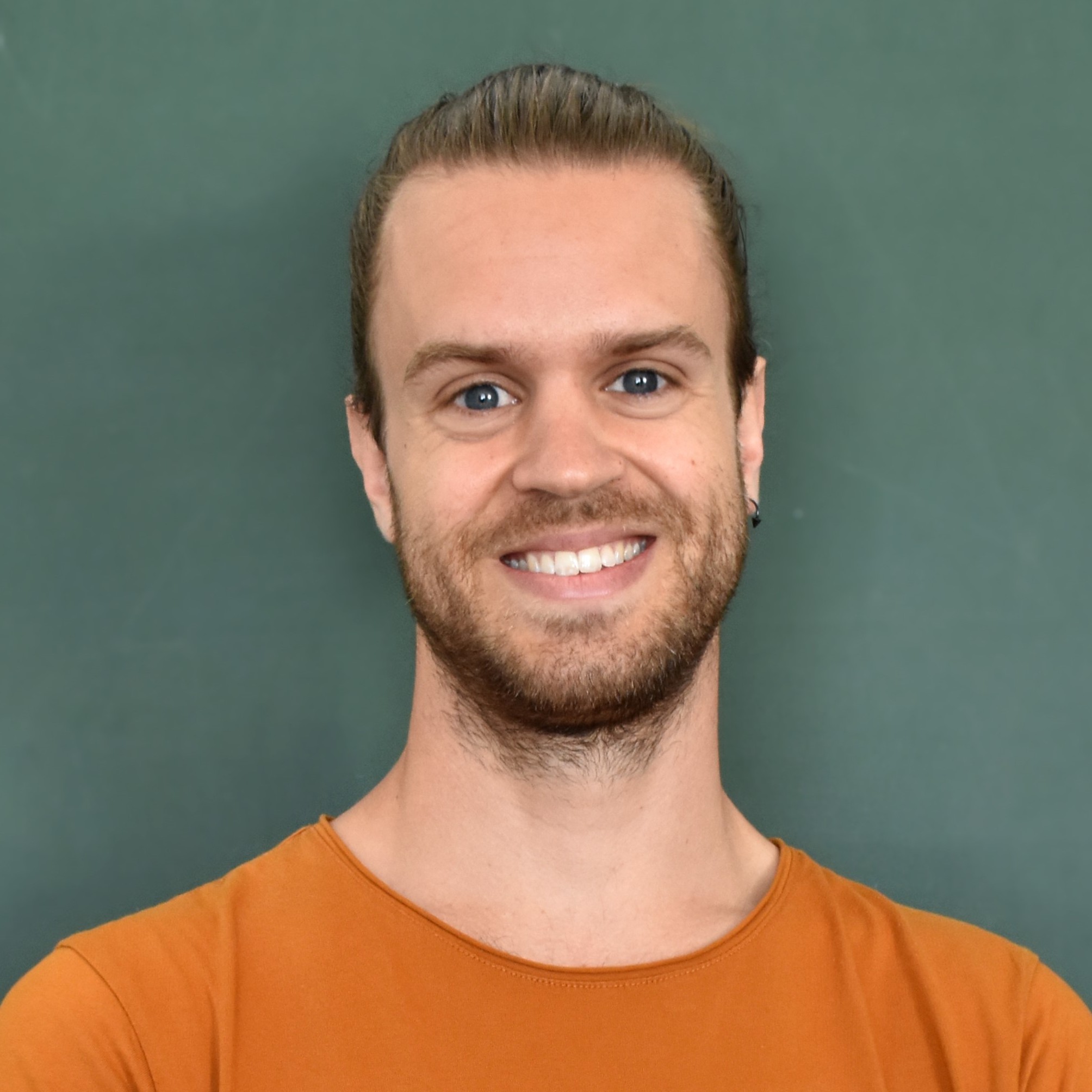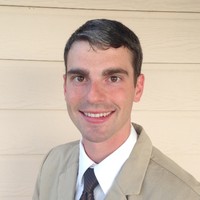Alumni Day Mathematics 2022
Mathematics Alumni Day at the University of Kentucky brings together students, faculty, alumni, and friends of the Department of Mathematics to celebrate the accomplishments of our alumni.
Date and location
Date: Friday, April 1, 2022
Location: CB 122
Time: 2:00 – 5:30 p.m.
Speakers / Presenters
Liam Solus, Kristen Barnard, Stephen Sturgeon
Summary
Three UK Math Department alumni will return to UK to share their journey with current faculty, math graduate students, and undergraduate students.

Name: Liam Solus, KTH Stockholm (Zoom)
Title: On the Road to Tenure in Research Academics
Abstract: A Ph.D. in mathmatics opens up a variety of different career paths in today's society, including lucrative industry positions, professorships in undergraduate teaching fucused-collges as well as professorships in Ph.D.-granting programs. While each of these career-paths naturally intersects with the others, success in one direction often means prioritizing certain activities during your time as a Ph.D. Student. I will refect on my experience and the choices I made as I pursued a tenure-track position within a Ph.D. granting mathematics program, starting from my time as a Ph.D. student at the University of Kentucky. We will discuss the importance of networking, grant writing, leadership and teaching experience, how one might approach these different tasks both before and after finding a tenure-track position, and how one might cope with the stresses these tasks induce. I will also compare and contrast how these key aspects play a role in pursuing such a position in Europe as opposed to one in the USA.

Name: Kristen Barnard, Berea College (in-person)
Title: Working In Reverse: Insights Gained from Being in Academia Before My PhD
Abstract: My path through graduate school at UK was certainly not the traditional path. While I wouldn’t recommend it to anyone, I wouldn’t change a thing, and I have had opportunities that not many people could say they have had in just five years after earning their PhD. During my sixteen years at Berea I have learned a lot about teaching and a lot about what it means to be a professor and community member at a small liberal arts college. In my talk I will briefly share about my journey through graduate school while teaching full time, some highlights from what I have learned as a teacher, and some insights on what you can start doing now to get noticed, get hired, and get tenured at a liberal arts institution.

Name: Stephen Sturgeon, Linquest Corporation (in-person)
Title: Good Enough for Goverment Work - Mathematics Across the DoD
Abstract: From PDEs to simple regressions to massive linear programs, the US Department of Defense is the country’s largest business employing a wide range of mathematical methods. In this talk I will present a sampling of the experiences I’ve had working on these problems. PDEs play a critical role in research related to radiation exposure. Rapid analytical methods to pull meaning from the numbers at the speed of relevance is critical in a combat situation. Linear programs embedded in simulation software dominate the landscape of the analysis supporting the multi-billion-dollar defense budget. Working in industry also provides the experience with working

